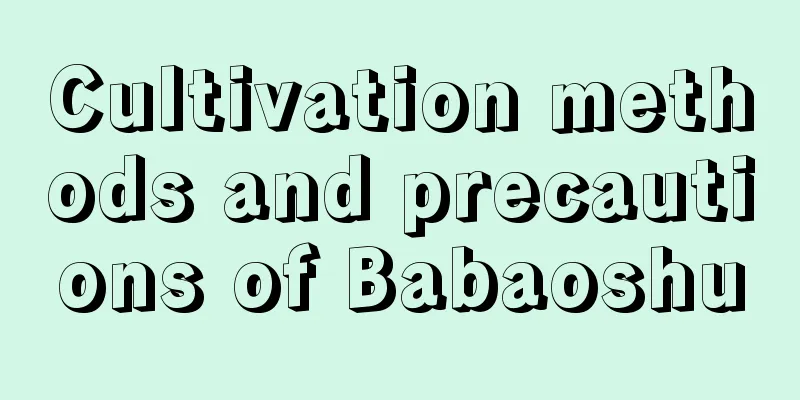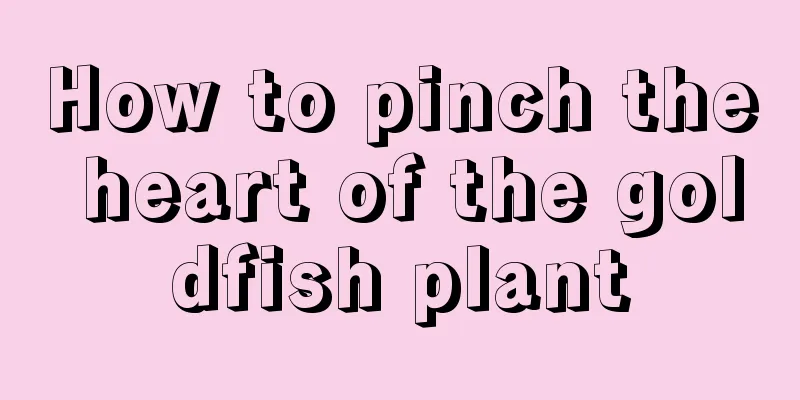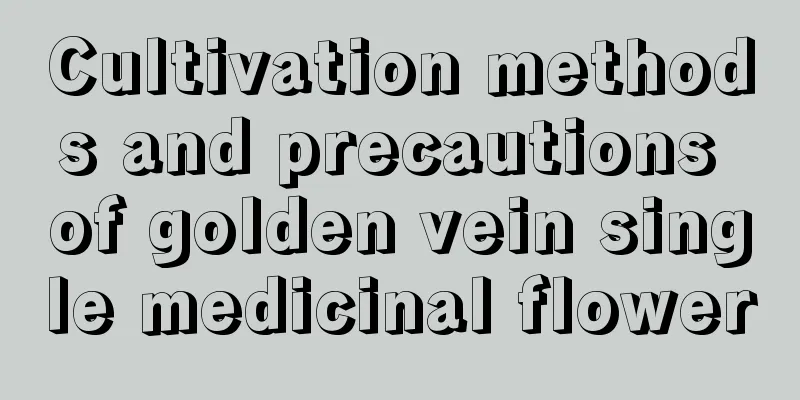Orchid growers should not fertilize orchids

No fertilizer for new orchid just after pottingDo not fertilize orchids that have just been potted, because there are enough nutrients in the potting soil to meet their growth needs. Secondly, the orchid has just been repotted and has gone through a lot of tossing and turning. The root growth has been affected and there may be certain wounds. If too much fertilizer is applied at this time, it will cause fertilizer damage, breed bacteria, and affect the orchid's acclimatization. After about 2 to 3 weeks, the orchid will return to normal, grow a certain amount of new roots, and its resistance will also be enhanced, so it can be fertilized appropriately. No fertilizer for weak plantsIf the orchid is growing abnormally, new buds are not sprouting, the leaves are dull, and the leaf tips are dry, this means that the root growth is affected, so do not apply fertilizer. First, you need to check whether the lower roots are rotten and deal with it in time. After treatment, just spray a little foliar fertilizer to supplement nutrients and promote the recovery of orchids. Do not fertilize if flower buds are not fullIn autumn, orchids will grow more and more new roots and begin to sprout flower buds. If the flower buds are found to be incomplete and deformed, it means that there is a problem with the nutrient supply of the roots and the plant can only barely maintain its growth. If you ask whether the plant needs fertilizer, the answer is yes, but you cannot fertilize it. Fertilizing at this time will affect the roots. You can spray foliar fertilizer first to promote the growth of the plant and allow the roots to recover slowly. No fertilization in early springIn early spring, orchids are just taken out of the room and gradually resume their growth. At this time, the temperature is still relatively low, the growth is slow, and the fertilizer will not be well absorbed and remain in the soil, which is not conducive to the growth of orchids. No fertilizer in midsummerGenerally, when the temperature reaches 35℃, orchids will enter a dormant state, grow slowly, and have a very weak ability to absorb nutrients. If fertilizer is applied at this time, it will undoubtedly make the situation worse. More importantly, if you fertilize in summer, the orchid will appear to be growing vigorously in the fall, but its roots, leaves, and flowers will not be good next year. No fertilizer at noonNo matter what season it is, do not apply fertilizer at noon. The best time to apply fertilizer is in the morning or evening, combined with watering. If it is noon and the temperature is too high, the fertilizer will ferment in the soil, which can easily cause fertilizer damage. |
>>: How to grow orchids in spring
Recommend
Is Emerald Philodendron poisonous?
Is Emerald Poisonous? Let me tell you straight aw...
How to grow osmanthus, cultivation and management methods
1. Soil To grow osmanthus, you need to use loose,...
How to prune the branches and leaves of the bean tree? The appropriate pruning time and method
The pruning of green bean trees should be done ac...
Can used tea leaves be used as fertilizer?
Used tea leaves as fertilizer Used tea leaves can...
What type of people does bamboo represent?
1. Which type of people does it represent? Bamboo...
Several green plants with drug-absorbing effects
Osmanthus fragrans Osmanthus is a traditional fam...
How to use fertilizer for money tree? Can money tree use urea?
1. Fertilization time When the money tree is pott...
When does the grass bloom?
1. Flowering period: summer This plant blooms in ...
How to plant cyclamen bulbs? Planting methods and germination tips
After the cyclamen flowers wither, the focus shou...
How to plant Epiphyllum seeds
Soil selection Different planting soils are suita...
How to grow the Dancing with Grace to make it bloom
The Dance of Gagaku Blossoms The Dancing Plant ra...
Are there bugs in the pot? Hurry up and bury some of this, they will all die in 3 days!
Soil sterilization If you want to eradicate insec...
Cultivation methods and precautions of Golden Edge Agave
1. Maintenance conditions 1. Watering: It has goo...
It only takes 3 steps to regrow the roots of the money tree after it has rotted!
1. Cut off rotten roots When you find root rot, i...
What is the name of the horse chestnut fruit and what is its function?
1. What is it called? The fruit of the horse ches...









